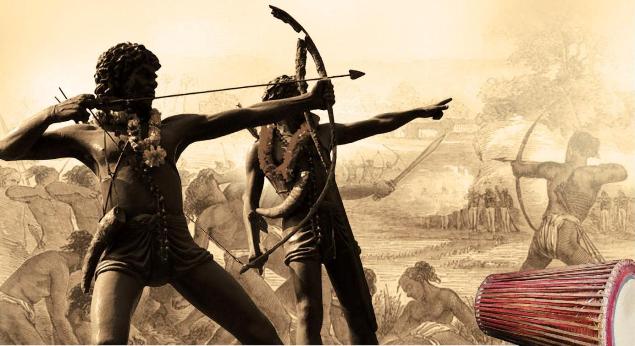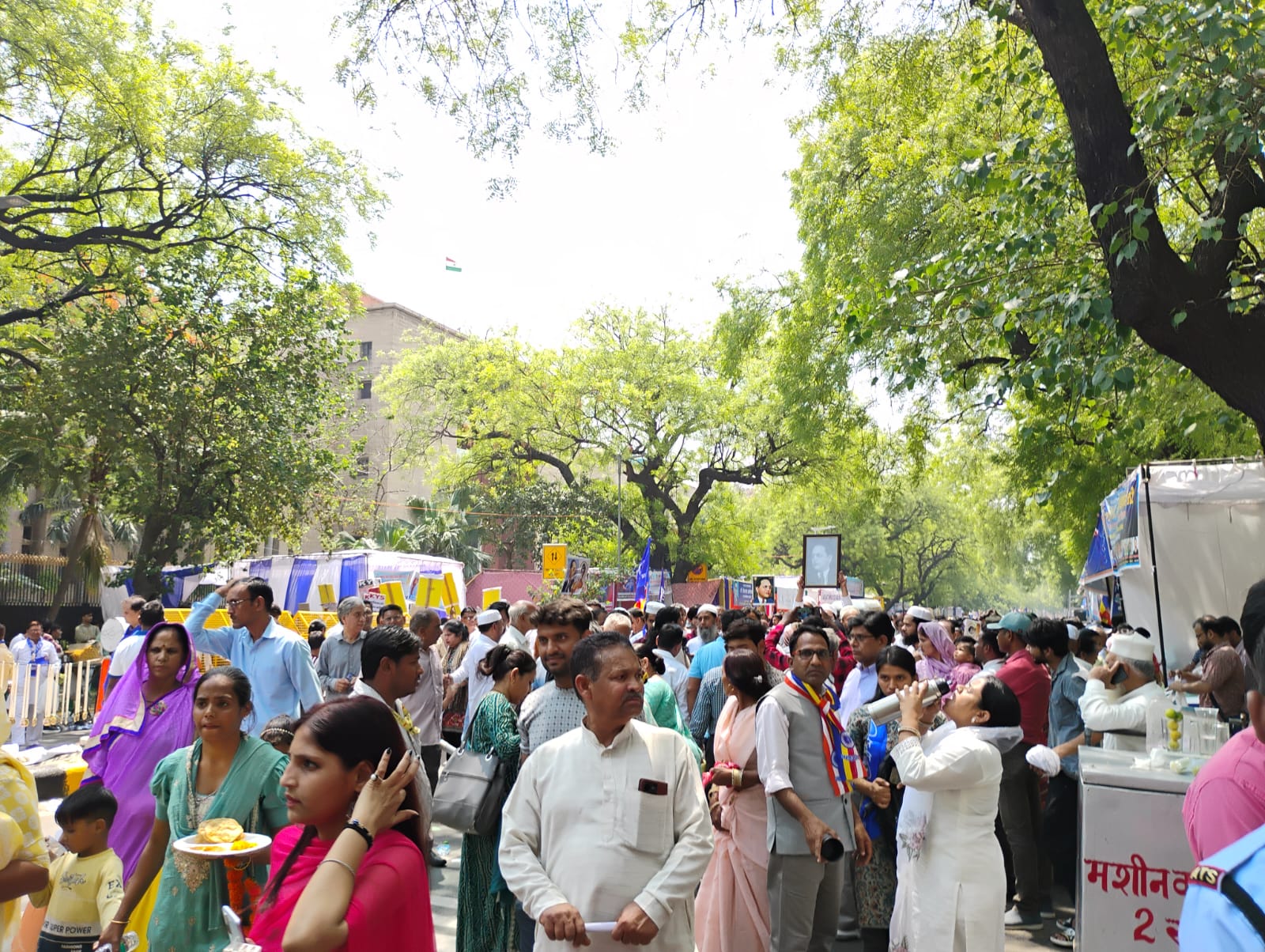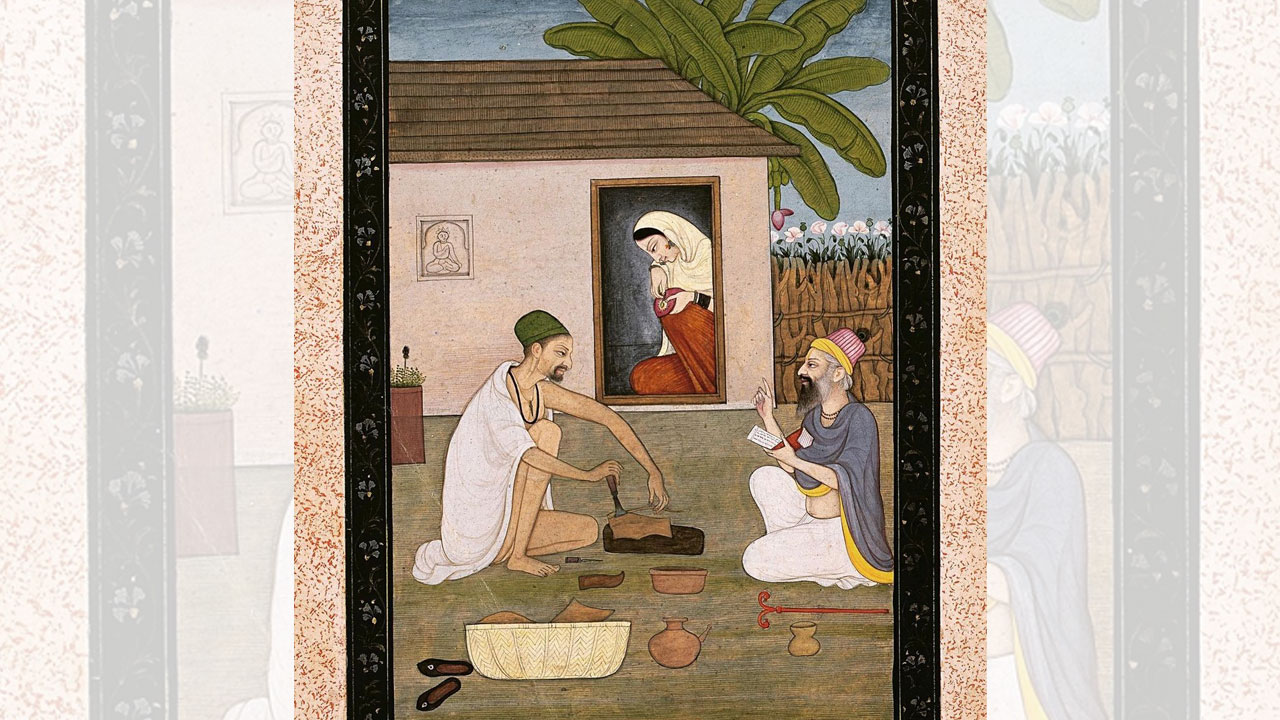Special on the birth anniversary of Jagdeo Prasad (2 February 1922 – 5 September 1974)
Jagdeo Prasad (2 February 1922 – 5 September 1974) is counted among leaders who turned the issues of the poor and the deprived into the fulcrum of politics, especially in North India. He was often described as the Lenin of Bihar. Taking Ram Manohar Lohia’s slogan of “Picchda pave sau mein aath” (The backwards are entitled to 80 per cent) a step further, Jagdeo Prasad talked of “Nabbe banam das” (90 versus 10).





